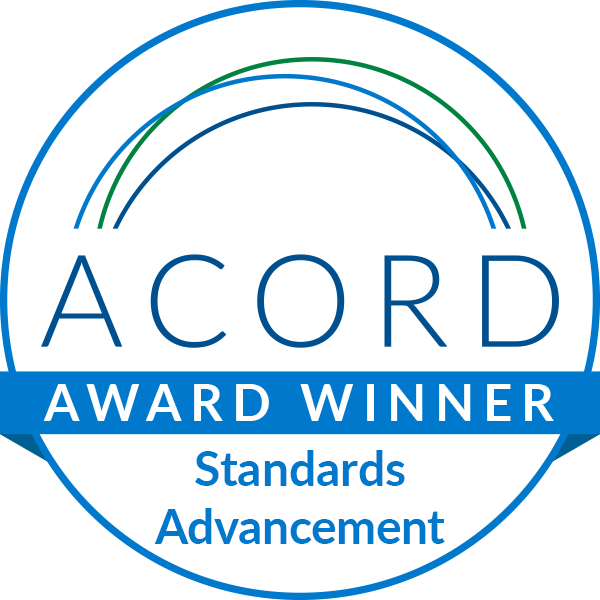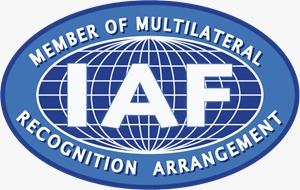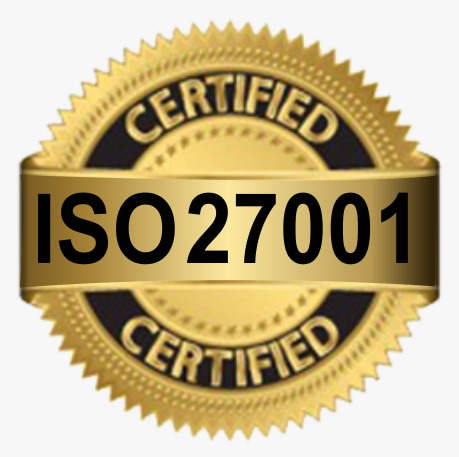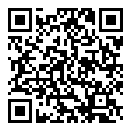In the insurance industry, agents and brokers are typically compensated in two primary ways: through direct bill commission or agency bill. It stands out as a simple yet widely used payment method, especially prevalent in personal lines and small commercial insurance.
Here’s how it works: instead of the premium going through the agent’s office, the insurance carrier bills the client directly. The customer sends payment straight to the insurance company—monthly, quarterly, or annually—based on their policy terms. After the payment is processed, the insurer typically pays the agent or broker a commission, usually calculated as a percentage of the premium.
Key points about direct bill commission:
- The agent never handles the customer’s premium money.
- It reduces the agent’s administrative burden since the carrier handles billing and collections.
- An agent’s earnings rely on the client making their premium payments on time.
Let’s understand the two most important groups of the Direct Bill Commission AL3 downloads:
-
- 6DBD – Direct Bill Commission Detail
- 6DBC – Direct Bill Commission Summary
6DBD – Direct Bill Commission Detail Group and Its Elements
This group is a child group under the policy transaction that contains all commission-specific details.
Each direct bill transaction can have multiple commission detail groups if there are splits between agents or different commission rates for different parts of the premium.
Important Elements of 6DBD
- Gross Amount – The total premium amount on which the commission is calculated.
- Commission Rate – The percentage of the amount the agent will get as commission.
- Commission Amount – The actual amount of money the agent will be paid.
- Transaction Type – Indicates that the transaction is a policy renewal.
- Policy Number – The policy or binder number assigned to the contract.
- Company Code – The insurance company issuing the policy. Example: Bear River Mutual Insurance.
- Line of Business – Specifies the type of policy; here, it is a homeowners policy.
- Policy Effective Date – The date on which the policy coverage begins.
- Policy Expiration Date – The date on which the policy coverage ends.
Here’s the basic formula:
Commission =Gross Premium * Commission Rate
Gross Premium = ₹625.00
Commission Rate = 20%
Commission Amount = ₹125.00
(625 * 20% = 125)
The agent will be paid $125 commission on a $625 gross premium.
6DBC – Direct Bill Commission Summary Group and Its Elements
It provides a summary of commission details for direct-billed policies, where the insurance company collects the premium directly from the insured and then remits the commission to the agent or broker.
Important Elements of 6DBC
Deleted – Account Date (See 6DBC06) – Old account date field; replaced by 6DBC06.
Total Number of Items (Large) – Count of all commission items in large format.
Account Date – Accounting date for the statement.
Direct Bill Commission Statement Summary Group – Summary section for direct bill commission statement.
Header – Starting section with statement identifiers.
Agency Contract Number – Unique contract ID between agency and carrier.
Total Gross Amount – Sum of all gross premiums in the statement.








Leave A Comment